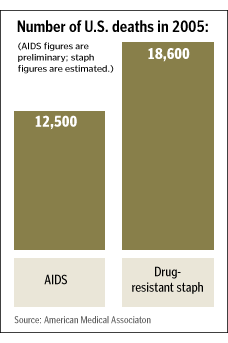 Retired Health Insurance Executive Blows the Whistle on His Former Industry
Retired Health Insurance Executive Blows the Whistle on His Former IndustryBy ALICE GOMSTYN ABC News Business Unit June 24, 2009
Frustrated Americans have long complained that their insurance companies valued the all-mighty buck over their health care. Today, a retired insurance executive confirmed their suspicions, arguing that the industry that once employed him regularly rips off its policyholders.
Retired health insurance executive Wendell Potter told Congress today that insurance companies routinely rip off customers.
Retired health insurance executive Wendell Potter told Congress today that insurance companies routinely rip off customers.
"[T]hey confuse their customers and dump the sick, all so they can satisfy their Wall Street investors," former Cigna senior executive Wendell Potter said during a hearing on health insurance today before the Senate Committee on Commerce, Science, and Transportation.
Potter, who has more than 20 years of experience working in public relations for insurance companies Cigna and Humana, said companies routinely drop seriously ill policyholders so they can meet "Wall Street's relentless profit expectations."
"They look carefully to see if a sick policyholder may have omitted a minor illness, a pre-existing condition, when applying for coverage, and then they use that as justification to cancel the policy, even if the enrollee has never missed a premium payment," Potter said. "…(D)umping a small number of enrollees can have a big effect on the bottom line."
Small businesses, in particular, he said, have had trouble maintaining their employee health insurance coverage, he said.
"All it takes is one illness or accident among employees at a small business to prompt an insurance company to hike the next year's premiums so high that the employer has to cut benefits, shop for another carrier, or stop offering coverage altogether," he said.
Potter also faulted insurance companies for being misleading both in advertising their policies to new customers and in communicating with existing policyholders.
More and more people, he said, are falling victim to "deceptive marketing practices" that encourage them to buy "what essentially is fake insurance," policies with high costs but surprisingly limited benefits.
Insurance companies continue to mislead consumers through "explanation of benefits" documents that note what payments the insurance company made and what's left for consumers to pay out of pocket, Potter said.
The documents, he said, are "notoriously incomprehensible."
"Insurers know that policyholders are so baffled by those notices they usually just ignore them or throw them away. And that's exactly the point," he said. "If they were more understandable, more consumers might realize that they are being ripped off."
For the rest of the story go to:








